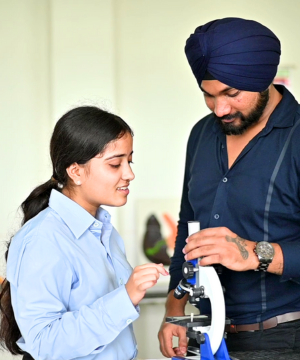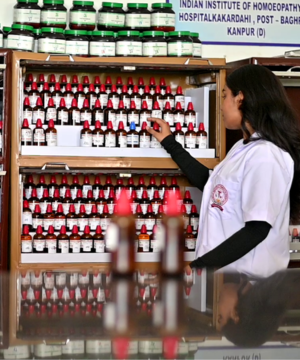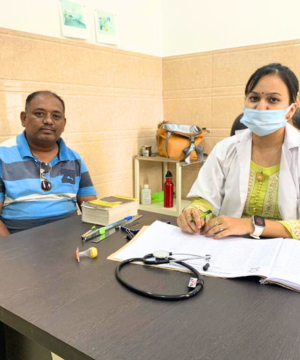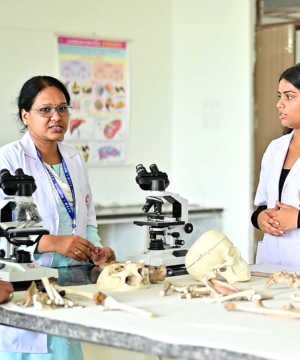The Department of Surgery is a fundamental branch of medical education and practice, focusing on the diagnosis, treatment, and management of diseases, injuries, and deformities through operative procedures. This department is crucial for training medical professionals in surgical techniques and patient care, ensuring that they are well-prepared to perform surgeries safely and effectively.
Surgery involves the use of operative techniques to treat conditions that cannot be managed with medications alone. The Department of Surgery encompasses various surgical specialties and subspecialties, providing comprehensive training and education in different surgical disciplines.
Key Areas of Focus
General Surgery
Specialized Surgical Fields
Educational Objectives
Curriculum and Teaching Methods
Faculty and Resources
Importance in Medical Education
The Department of Surgery is essential for training competent and skilled surgeons who can provide high-quality surgical care. Understanding surgical principles, mastering operative techniques, and developing strong clinical judgment are crucial for ensuring patient safety and successful surgical outcomes.
By integrating theoretical knowledge with practical experience, the Department of Surgery prepares medical students and residents to handle a wide range of surgical conditions, from routine procedures to complex surgeries. This comprehensive training ensures that future surgeons are equipped to meet the challenges of modern surgical practice and contribute to advancements in the field.




Whether you’re considering a foundation course or an undergraduate academics is a place.
View AllCopyright © 2024 All Rights Reserved by Indian Institute Of Homoeopathy & Hospital